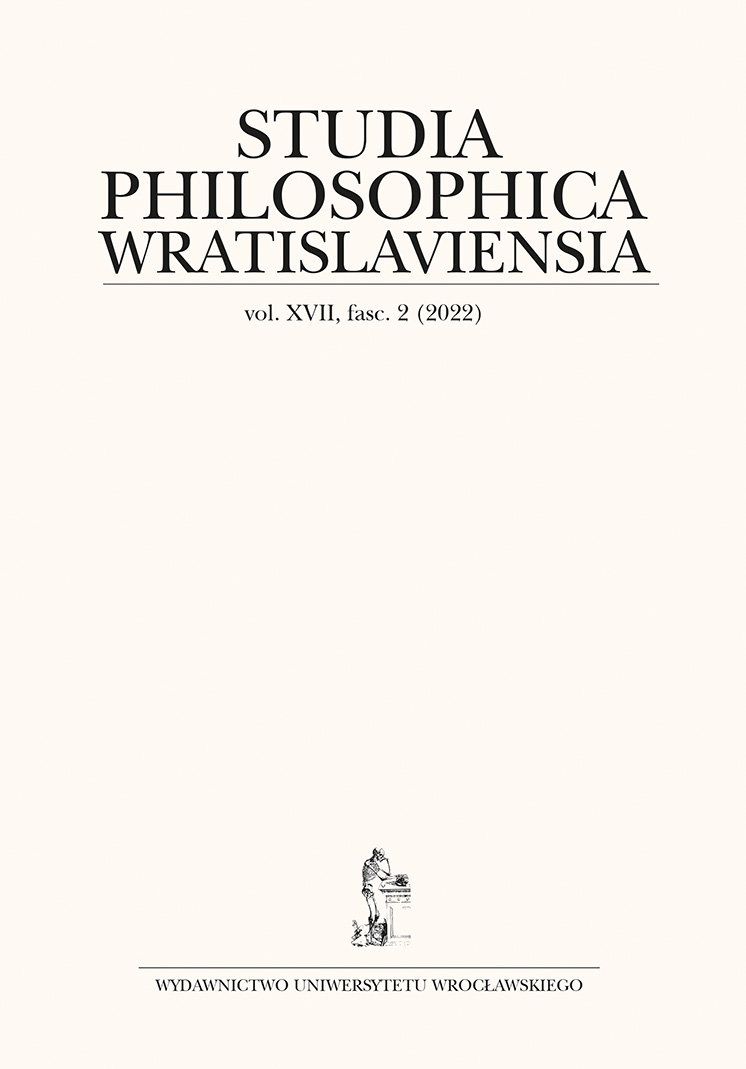

Artykuły

This is the second of the essays on the existential-ontological ground of otherness, in which we see this ground as essentially entwined with our personhood and our personal identities. We analyze irony as both a “mechanism” of constituting these very identities and as an act revealing their self-altering nature. Irony in our view — informed by Kierkegaard, phenomenology, and psychoanalysis — is a subtle existential strategy by means of which subjectivity (not “the subject”) not only asserts itself, but also, and much more importantly, initiates an open-ended process of self-actualization and self-formation. Irony, as we present it, is at once a form of defensive response against the “absolute” character of reality and comparably “absolutist” aspirations of an individual. Such responses open up a space of negotiation between and among these forces, in their creative interplay. In doing so the responses can be as constitutive for subjectivity as they can be disruptive. The disruption does not only undermine the (apparently) unshakeable forms of our self-understanding. More radically, the disruption puts on the stage our “alternative identities,” those with which we have to confront ourselves, whether in the negative mode of repression, or in the acts of positive, or even playful, recognition. In this way irony reveals and articulates otherness in the very heart of subjectivity.